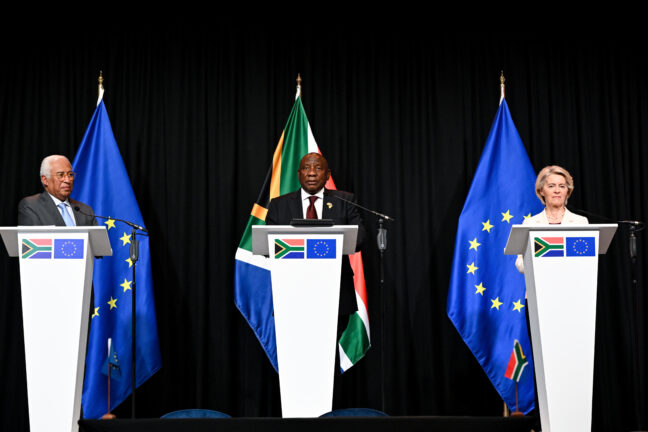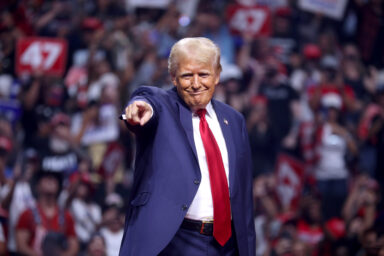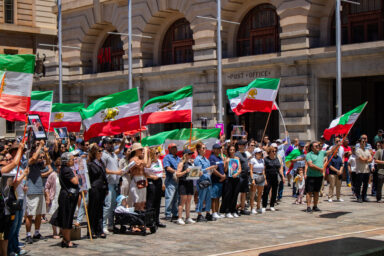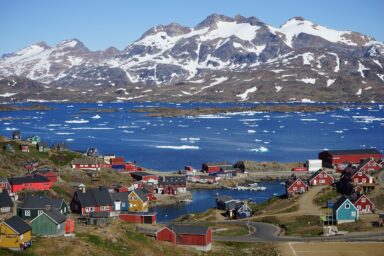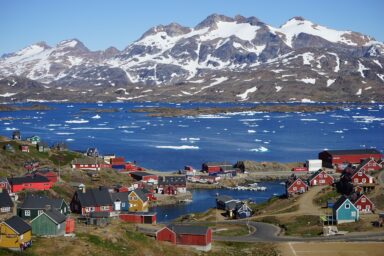With a minerals deal, a major renewables drive, and a deliberate push for multilateral cooperation, the Union arrives in Johannesburg with its most cohesive Africa strategy in years.
As leaders gather for the G20 Summit on 22–23 November, the European Union has anchored its presence around a green industrial partnership with South Africa designed to link trade, investment, and energy transition with a clearer social and geopolitical purpose. The EU’s message is that industrial cooperation, tied to clean-energy expansion and local value creation, aims to offer a credible path through a period marked by fragmentation and geopolitical tension.
On 20 November, the EU and South Africa announced a Clean Trade & Investment Partnership (CTIP) alongside a memorandum of understanding on sustainable minerals and metals value chains. Taken together, they signal a shift in Europe–Africa economic relations: moving beyond extractive trade to local processing, industrial development and shared value. EU officials describe the package as the backbone of a more balanced model of cooperation — one in which South Africa will strengthen its position as a hub for the green technologies Europe needs, while Europe supports the country’s industrial capacity and employment.
Industry and finance
That industrial pivot was followed by finance. On 21 November, Commission President Ursula von der Leyen and South Africa’s President Cyril Ramaphosa co-hosted a pledging event for the “Scaling Up Renewables in Africa” campaign, also in Johannesburg. Backed by the EU’s Global Gateway, the initiative aims to mobilise public and private capital for renewable-energy projects across the continent, expanding access and underpinning regional industrial growth. By sequencing the minerals, industrial and energy announcements across consecutive days, Brussels is positioning itself as both a market partner and a long-term investor in Africa’s clean-energy future.
The political framing of this agenda came through at a trilateral meeting on 20 November between Ms von der Leyen, Mr Ramaphosa and European Council President António Costa. Speaking after the meeting, Mr Costa said: “Our partnership is based on shared values, mutual respect, and a commitment to democracy, multilateralism, and a fairer, more sustainable world.” He added that “now more than ever, we need strong multilateral platforms and institutions, a rules-based order, open dialogue and global cooperation to tackle common challenges.” The three leaders reviewed progress on commitments from the EU–South Africa Summit in March and endorsed the new agreements as part of a wider programme of economic and political cooperation.
You might be interested
Signalling on track
This narrative fits well within the EU’s broader signals at the G20. Amid global pressures—from the Ukraine and Middle East conflicts to economic security debates—Brussels is using the South Africa deals to argue that predictable, mutually beneficial partnerships remain possible — and plausible. In contrast to bloc-building and supply-chain rivalry, the EU is presenting a model based on transparent rules, joint governance and value added locally rather than offshore.
The week’s events also connect to the outcomes of the G20 Social Summit in Ekurhuleni on 18–20 November. Civil-society groups, unions, youth organisations and community representatives produced a declaration centred on inequality reduction, inclusive growth and just transitions. EU officials point to these outcomes as the social foundation for a green industrial and energy agenda that is framed as people-centred, linking climate ambition with job creation, social protection and equitable development.
Our partnership is based on shared values, mutual respect, and a commitment to democracy, multilateralism, and a fairer, more sustainable world. — António Costa, EU Council President
Taken together, the CTIP, the minerals pact, the renewables pledging event, the multilateral framing and the Social Summit outcomes form among the most comprehensive EU–South Africa green-industrial efforts in recent years — a package that delivers economic value, climate progress, geopolitical signalling and social impact, and presents multilateral cooperation not as a distant aspiration but as a practical operating model.
